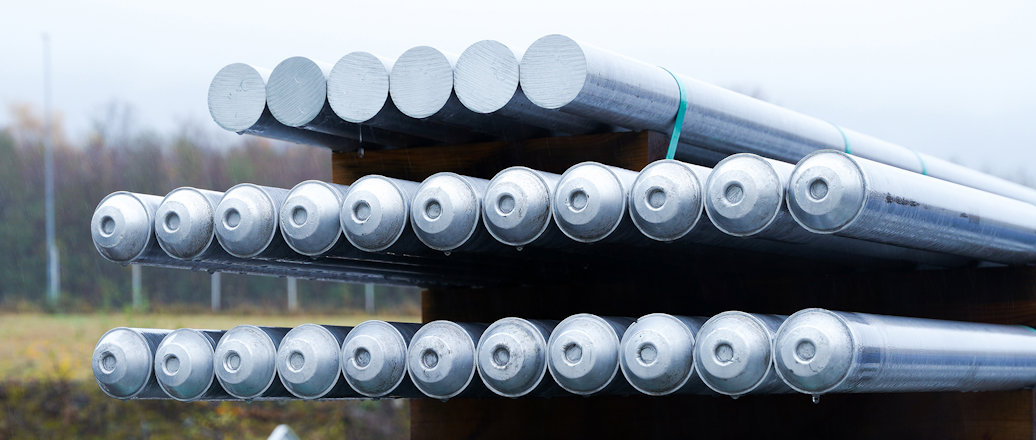How low-pressure casting technology is improving the quality of automotive forging stock
Automotive OEMs use forged aluminium for wheel suspension parts, for good reason. For plenty of good reasons, actually. But the downside is that forged aluminium parts tend to be expensive to produce. I will explain how low-pressure casting technology can reduce these costs.
Wheel suspension components use forged aluminium because of its high strength, durability and good fatigue resistance properties. The material also provides mass savings, which help the car meet its noise, vibration and harshness properties. The light weight of aluminium helps, too.
Unfortunately, the long and complex value chain involved in the production of forging stock has an impact on costs. I’m talking about melting, billet casting, homogenizing and ultrasonic processing, prior to extrusion of the metal into forging stock.
Low-pressure casting (LPC) technology gives us an alternative that reduces the number of processing steps and, in turn, lowers the cost of producing high-quality aluminium forging stock.
No scalping required
One of the main benefits of LPC technology is that the metallostatic pressure on the mold during casting is eliminated. This virtually eliminates the inverse segregation zone normally found with other casting technologies, and results in the production of logs with a smooth surface.
And since the surface quality is exceptionally smooth and the surface segregation is close to zero, the cast forging stock may be forged without requiring any scalping of the surface.
Consider filling and temperature requirements
Using this technology to cast small diameter billet on an industrial scale can be challenging due to a narrow process window for the casting start-up phase. Since a large number of molds need to be evenly filled, a careful balance is required.
A careful balance with regard to timing is also required. While you need to have enough time to form a solidified shell before casting can start, you cannot afford too much time, because this could completely freeze the molds. As the diameter decreases, this time window narrows.
At Hydro’s casthouse in Husnes, Norway, where we implemented LPC technology, my colleague Knut Omdal Tveito developed a digital twin to be able to design the molds, the layout of the casting table, and to set the correct process parameters. Thanks to the digital twin, the implementation at Husnes was successful.
The casthouse is in full operation, producing forging ingots with LPC technology and achieving very good results. The surface quality of the forging ingot is well within the requirement for forging ingots, which typically is below Rz 20 μm.
LPC technology for almost any aluminium alloy
Most aluminium suspension parts use the 6082 aluminium alloy, but you can use LPC technology to cast almost any aluminium alloy in a quality that can be forged without scalping of the surface. You can also cast billets in various diameters with excellent surface quality.
The bottom line is that we can shorten the process of making wheel suspension parts by eliminating the need for scalping as well as the need for homogenization prior to forging.
This technology could lead to cost reductions of as much as 20% for a forged part, which would make forged aluminium suspension parts much more competitive than has been the case until now.


